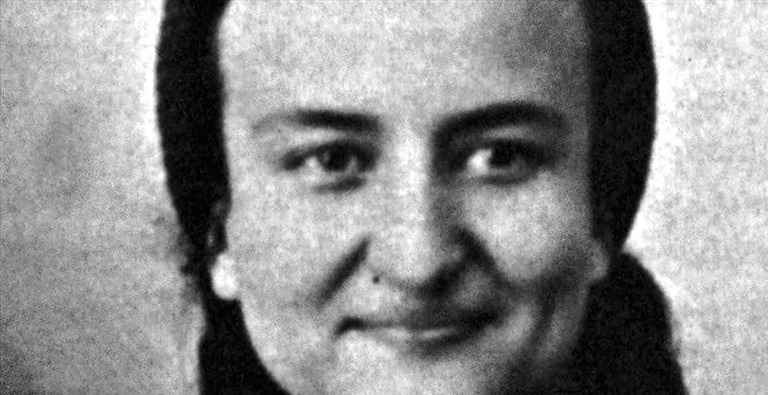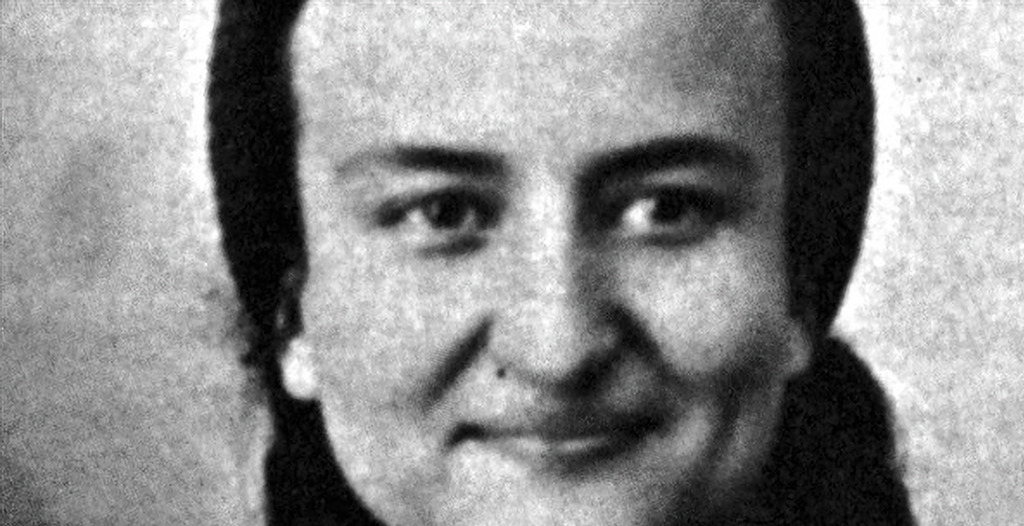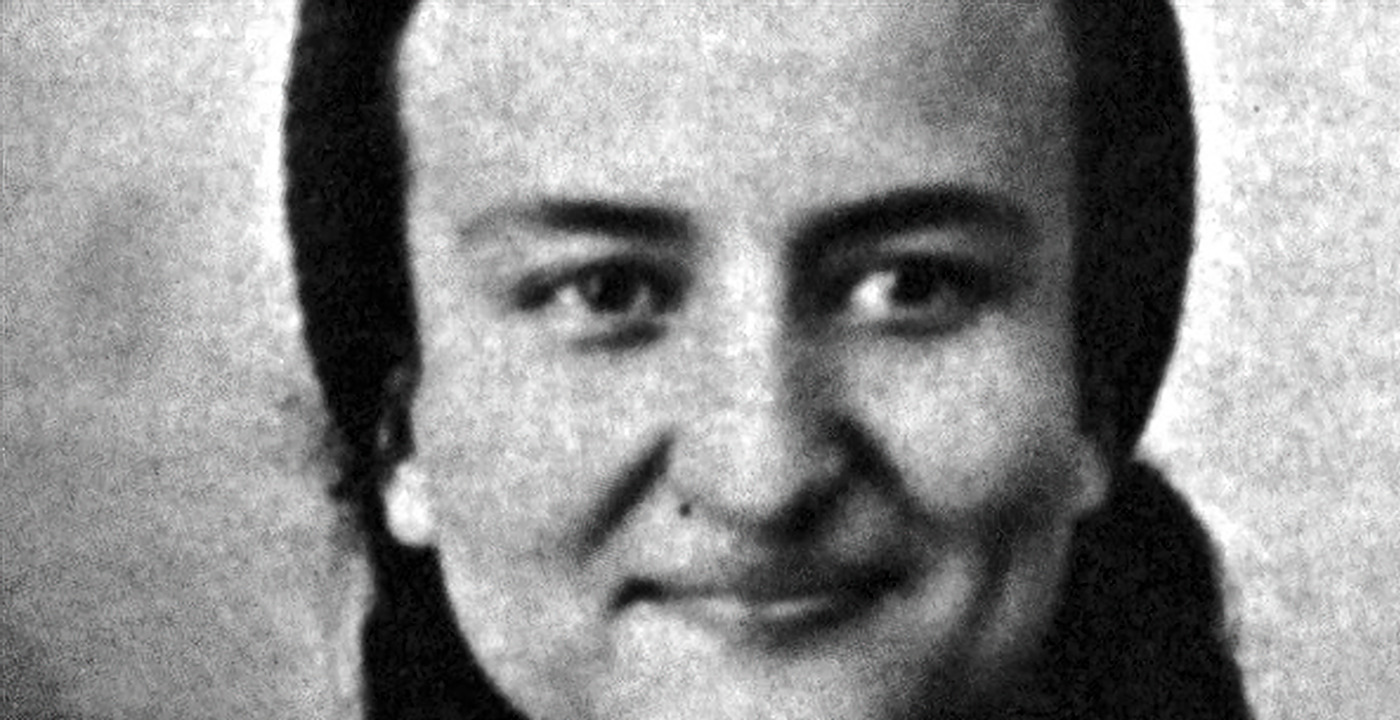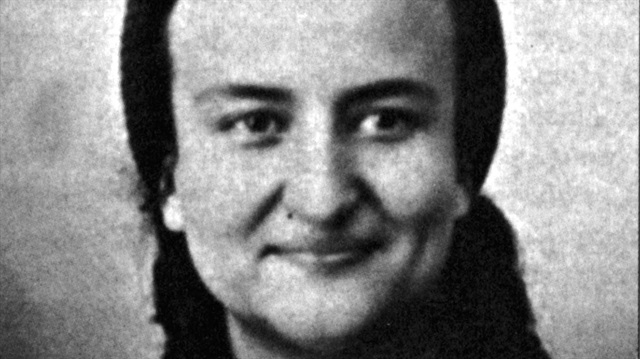Birth
August 14th, 1910 in İstanbul, TurkeyEducation
University , DoctorateDeath
April 24th, 2003 in İstanbul, TurkeyReligion
MuslimNüzhet Gökdoğan was a mathematician, academic, and Turkey's first woman astronomer. She contributed to empirical and theoretical astronomy, science education and communication, and she paved the way for future female Turkish astronomers. Gökdoğan wrote four books, eight translations, published fifteen national journal articles, eleven international journal articles, and supervised eleven doctoral theses. She was the first female dean in the Turkish Republic.
Personal Information
Name(s)
Hatice Nüzhet Toydemir (Birth) Nüzhet Zihni Toydemir (Birth, as appearing in some sources) Nüzhet Toydemir Gökdoğan (after her marriage)
Family
Mother: Nebihe Hanım, housewife.
Father: Mehmet Zihni Toydemir, major general in Turkish army.
Marriage and Family Life
Spouse: Ali Mukbil Gökdoğan (1909, Istanbul-1992, Istanbul) Engineer, architect and politician. He received his PhD from Stutgart Technische Hochschule and worked at Istanbul Technical University as an academic and dean of Faculty of Architecture. He served as the Minister of Public Works of Turkey during 1960-1961 .
Children
Gönül Gökdoğan (1941-) Violinist. She started studying music at the age 6 and became the first female violin professor of Turkey. She worked as an academic and served as the director of the Program of String Instruments at Mimar Sinan Fine Arts University.
Ömer Can Gökdoğan (1946-) Medical doctor. He is an Emeritus Professor at the Department of Surgical Sciences in Cerrahpaşa University
Nüzhet Gökdoğan was born into an upper class family in a large mansion in İstanbul where several generations of family members lived together. The mansion belonged to his grandfather who was a Pasha of the Ottoman Empire. Her grandmother got married at a young age and did not go to school, and neither did her daughter Nebihe hanım. However, she homeschooled Nebihe hanım by hiring tutors to teach her in Turkish, French and German. Nebihe hanım married high ranking officer Mehmet Zihni Toydemir, who was a fellow soldier of Mustafa Kemal Atatürk, founder of the Turkish Republic. Nüzhet Gökdoğan was the only child of this marriage that lasted for several years and ended in divorce around the time Nüzhet Gökdoğan graduated elementary school. Both Nebihe hanım and Mehmet Zihni Toydemir was eager to provide their daughter with formal education and supported her throughout her studies. Nüzhet Gökdoğan met her spouse Ali Mukbil Gökdoğan during her additional duty as a mathematics instructor at İstanbul Technical University. They married in 1938 and remained married until the death of Mukbil Gökdoğan in 1992. They had two children.
Education
Around age 5, Nüzhet Gökdoğan’s mother Nebihe hanım sent her to the kindergarden part of the German School (Alman Mektebi-Tünel) in Istanbul for her to get proficient in German. She started primary school in 1917 at the same school. By the end of the First World War in 1918, the school got closed as Germans started to leave the Ottoman Empire and the building was repurposed by occupation forces. Nüzhet Gökdoğan got tutored at home for a while and in 1919 she was sent to Girls’ School of Istanbul (Bezm-i Âlem İnas Sultaniyesi, currently İstanbul Kız Lisesi) where the education was primarily in Turkish. In 1920, she started Şişli Lisan Mektebi (Şişli Terakki) to study in French. In 1923, she changed schools again and started Erenköy Girls High School as a boarder. She decided to follow the science track and she graduated from this school in 1928.
The year she completed her secondary education, she was awarded a government scholarship to continue her studies in mathematics and physics in France. First, she attended a Girls High School in the city Clermont-Ferrand to prepare for her undergraduate studies. There, she was bothered by the inadequacy of science/maths classes and also by the strict rules in segregating female and male students. She wrote her father on the issue. Her father arranged her transfer to Boys High School of Lyon where she studied advanced mathematics. In 1932, she completed her undergraduate degree in mathematics at Université de Lyon. She continued her studies in mathematics, physics and anstronomy at Université de Paris and obtained her advanced studies degree (Diploma d’études Speciales) in 1933. She successfully completed an internship at Paris Observatory. Her research subject during this internship was on precise time determination, as suggested by Fatin Gökmen, the head of Kandilli Observatory in Turkey. At the time, the Turkish observatory was mainly purposed for practical applications rather than scientific research. Upon completion of her internship, Nüzhet Gökdoğan was offered to stay and continue her research at the Paris Observatory. She declined and decided to turn back to Turkey stating she owed the six years she spent abroad to her nation.
Upon returning Istanbul, she applied to work at Kandilli Observatory, which was the only observatory in Turkey at the time. Her application was declined by the Head of the Observatory Fatin Gökmen, claiming there weren’t any open positions. According to some sources, the real reason of his rejection may be her gender, since he previously mentioned that she could work at Kandilli, yet changed his mind after her graduation. In 29 September 1934, following the University Reform in Turkey in 1933 aimed at modernization of university education and research, she was appointed to work at the Institute of Astronomy at the Faculty of Science at İstanbul University. She was the only Turkish scientist among the other appointed foreign academics most of whom were scientists escaping the Nazi ruled Germany. In 1937, she completed her PhD at this institute with Professor Erwin Finlay Freundlinch.
Religion
Nüzhet Gökdoğan was from a Muslim family who adopted secular practices. There is little information on her personal beliefs. One resource claims that she became a freemason at the “Grande Loge de France”, a masonic obedience based in France and that she was one of the three female freemasons at the time (during 1950s) in Turkey (Ahmed Yüksel Özemre, Geçmiş Zaman Olur ki, Kubbealtı Neşriyat, 2018).
less
Significance
Works
Throughout her career spanning almost 50 years, Nüzhet Gökdoğan contributed to empirical and theoretical astronomy at a national and international level, to science education and communication both for advanced studies and the general public, and to female empowerement. She wrote 4 books, translated 8 books, published 15 articles in national journals, 7 articles in international journals, supervised 11 doctoral theses, served in university administration, took part in the foundation of Turkish Astronomical Society, Turkish Mathematical Society and Turkish Association of University Women.
During the first years of her post at the Institute of Astronomy at İstanbul University that began in 1934, classes were thought by foreign professors in english or german and were simultanously translated to turkish. She translated the Celestial Mechanics course by Dr. Wolfgang Glissberg to turkish from english and Dr. Glissberg began to successfully teach the class in turkish. In 1936, she assisted with the establishment of a compact observatory on campus which accommodated the second observatory-level telescope in Turkey after Kandilli. The Astronomy Institute continued their work at this new dome located at the garden of the Central Building of the university. The same year, Nüzhet Gökdoğan accepted an additional appointment at Istanbul Technical University as a mathematics instructor. She was the first female instructor at this institution.
She received her PhD degree in 1937, with a dissertation entitled “Contributions aux Recherches sur I’existence d’une Matière Obscure Interstellaire Homogène Autour du Soleil” (Contributions to Researches over the Existence of an Homogeneous Interstellar Dark Matter Around the Sun). Her supervisor, Dr. Freundlich (1885-1964) was a working associate of Albert Einstein during his time in Germany. Her dissertation was the first doctoral thesis of the Faculty of Science at Istanbul University, with a registeration number “1”. Thesis number “2” belongs to a fellow female astronomer as well, Paris Pişmiş (1911-1999).
In 1940, she was appointed as an associate professor at institute. The same year, she translated the classic astronomy book titled Spherical Astronomy by William Marshall Smart to turkish. Around this time, she also prepared an astronomy textbook for high school students and published several articles in national journals, some of which are related to her dissertation, one on the history of Turkish astronomy and another on the structure of Earth. Her daughter Gönül Gökdoğan who later became a violinist was born in 1941.
She became a full professor in 1948 and was also appointed to the academic senate of the university, becoming the first female faculty senator in Turkey. She took part among the founders of Turkish Mathematical Society in 1948 and among the founders of Turkish Association of University Women in 1949. She translated George Bruhat’s Cours de physique générale to Turkish. Between 1951-1952, she stayed in Michigan, USA to conduct research in McMath-Hulbert Observatory and visited Palomar and Mt. Wilson Observatories. She brought back data to be used in research upon returning. She edited a Cosmography book for high school students with Dr. Glissberg in 1952.
Nüzhet Gökdoğan was elected as the Dean of the Science Faculty at İstanbul University in 1954 and served in this position for two years. Later, in 1978, she was elected as dean once again. She is the first female dean in the history of Turkish Republic. As the dean, she signed her own PhD diploma, since the format of the doctoral degree certificate was still not established until that time. The same year, she founded Turkish Astronomical Society along with several associates and she headed this society for 20 years.
In 1958, she became the chair of the Department of Astronomy at Istanbul University and remained at that position for 22 years. During her time as chair she expanded the scope of research; for instance, she accelerated astrophysics research along with solar studies. She established international relations with research groups at different countries. She developed joint projects with Meudon and Nice Observatories in France, with Basel Observatory in Switzerland and Asiago Observatory in Italy. Academics were visiting the department and graduate students were sent abroad to study at different observatories.
The first academic she invited was French astrophysicist Jean Claude Pecker (1923-2000) from Meudon Observatory. He stayed at Istanbul University for the winter term in 1959 and formed a research group there. Through a joint Nato project to fund mutual visits, the astronomy department enjoyed a cooperation with Meudon Observatory for a long time. Nüzhet Gökdoğan co-authored several scientific articles with J. C. Pecker.
Until her retirement due to age limit at 1980, she worked on improving the department curriculum, she supervised doctoral theses of gradute students most of whom became successful academics, she attended and organised national and international symposiums and workshops, she wrote on to the history of astronomy in the Ottoman era, she communicated with the general community by orginizing public events, she supported female students through TUKD, and she continued to conduct scientific research.
Legacy and Influence
In 1978, Nüzhet Gökdoğan organized the Second National Congress of Astronomy in Silivri near İstanbul, with national and international participants. During the congress, she stated “We need to build an internationally qualified large observatory which would be used by every astronomer”. This statement is considered as the initiation of the Turkish National Observatory which was officially opened in 1997 and stands as one of her most important legacies.
https://tug.tubitak.gov.tr/sites/images/tug/tug_kitabi.pdf
Additionally, Nüzhet Gökdoğan Astronomy Science Awards were given in 2008 and 2013 to distinguished papers in Astronomy/Astrophysics. Symposiums are organized in her memory at various times at different universities. There is a classroom named after her (Nüzhet Gökdoğan Dersliği) at the Astronomy and Space Sciences Department in İstanbul University.
Contemporary Identifications
A book on the life of Nüzhet Gökdoğan was written by Feryal Saygılıgil:
“Kainatta bir Nokta Nüzhet Gökdoğan” İstanbul Kültür Üniversitesi, 2010
Networks
In 1954, Nüzhet Gökdoğan, along with Dr. Glissberg and several other associates, founded the Turkish Astronomical Society (Türk Astronomi Derneği-TAD). TAD actively works to contribute to research and education in astronomy and related sciences at the national scale. TAD is a member of the International Astronomical Union (IAU).
https://www.tad.org.tr/tag/turkish-astronomical-society
She was among the distinguished mathematicians and scientists led by Cahit Arf who founded the Turkish Mathematical Society (Türk Matematik Derneği, TMD) in 1948. Since then, TMD actively works to contribute to mathematics and related sciences. TMD is a member of the International Mathematical Union and European Mathematical Society.
http://tmd.org.tr/language/en/
In 1949, she founded the Turkish Association of University Women (Türk Üniversiteli Kadınlar Derneği, TÜKD) along with several other women. TÜKD aims to promote female education and equality of women currently through 26 offices in different Turkish cities. She served as the head of the Association for four terms between 1952 and 1970. In 1970, as the head of TÜKD, she organized a symposium for UNESCO year of litteracy with participants from Greece and Middle Eastern countries. She was also among the founding members of the İstanbul Soroptimist Club established in 1948.
less
Controversies
Issues with the sources
Most of the articles and books written by Nüzhet Gökdoğan are not digitized and copies are hard to obtain outside of university libraries. In depth information regarding the details of her personal life, her thoughts, emotions, beliefs, views, struggles and controversies is rarely accounted for in the resources. Most of her original work is either in french or in turkish and almost all of the biographical accounts are in turkish; resources in english which could reach a wider international audience are lacking.
less
Bibliography
Primary and Archival
-Biographical timeline and complete works (books, national and international articles and proceedings, translations, supervised theses) of Nüzhet Gökdoğan as well as a collection of the biographical accounts on her life and/or work appearing in various books and journals prepared by Dr. Yavuz Unat can be found in the link below (in Turkish):
http://www.bilimtarihi.org/pdfs/gokdogan.pdf
Web resources
An account of the history of the Department of Astronomy and Space Sciences at Istanbul University written by Nüzhet Gökdoğan (in Turkish):




Comment
Your message was sent successfully